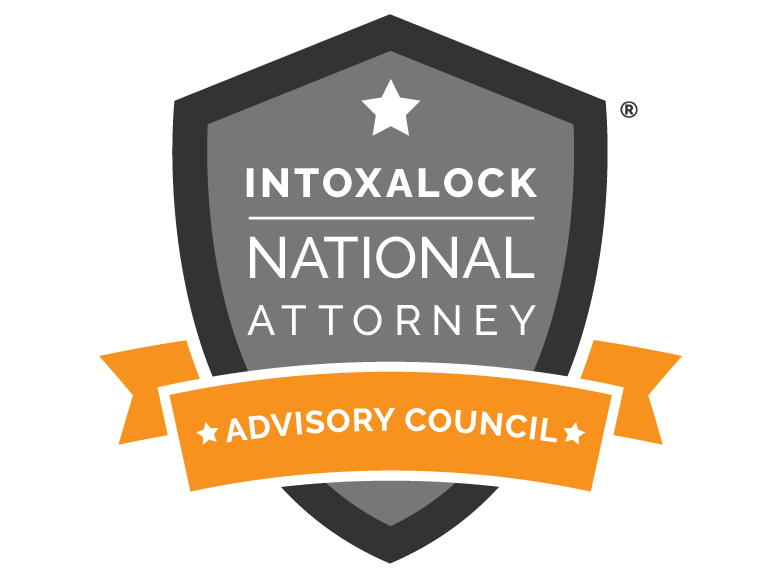Everything’s bigger in Texas.
It’s the most tired, overused cliche on the books. But it’s true.
We’ve got bigger roads and more of them. Bigger vehicles and more of them.
Along with that comes bigger, broader DWI laws. DWI in Texas is a big criminal offense with big criminal penalties. Driving drunk in Texas is a big mistake. How big is what we’ll cover in this guide to Texas DWI laws.
DWI in Texas Defined
DWI stands for driving while intoxicated. The Texas statute defines “intoxicated” in two ways:
- A blood alcohol content (BAC) of .08 or greater
- Lacking normal use of your mental or physical faculties because of alcohol or other drugs
Commercial vehicle drivers are driving drunk with a BAC of .04. Minors are legally intoxicated with any amount of alcohol detected in their system.
Don’t let the “D” in DWI fool you. In Texas, it means operating a motor vehicle while intoxicated. And Texas courts prefer a broad interpretation of the word “operating”.
For example, if you’re parked on the side of the road it doesn’t mean you can’t be arrested for DWI.
Standard Texas DWI Penalties
Texas consistently ranks in the top 15 states for DWI penalties. The Lone Star State is also one of several states with minimum jail sentences for a first DWI conviction.
Here’s what you can expect as an adult driver convicted of DWI.
First Offense
With BAC of .08-.14:
- Class B Misdemeanor
- Fine up to $2000
- Three days to 180 days in jail
- 90 days to 1-year license suspension
With BAC over .15:
- Class A Misdemeanor
- Fine up to $4000
- Three days to 1 year in county jail
- 90 days to 1-year license suspension
A DWI with an open container in the vehicle doubles the minimum jail sentence to six days.
Second Offense
- Class A Misdemeanor
- Fine up to $4000
- 30 to 365 days in jail
- 180 days to 2-year license suspension
Third Offense
- Third-degree Felony
- Fine up to $10,000
- 2 to 10 years in state prison
- 180 days to 2-year license suspension
As you can see, costly fines, jail time, and lengthy license suspensions are the norm for driving drunk in Texas. But what if you’re an underage driver or have a commercial driver’s license (CDL)?
DWI Penalties for Other Drivers
Penalties for drunk driving under age 21 are significant, as well. The charge is Driving Under the Influence of Alcohol (DUIA).
For drivers under 17 years old, the first offense is a Class C misdemeanor, punishable by a fine up to $500. You’ll also lose your license for 60 days. On top of that, there’s 20-40 hours of community service. relating to alcohol education and prevention.
For drivers ages 17-20, a first offense is a Class B misdemeanor. The maximum fine is $2000 along with a minimum one-year license suspension. A second offense can result in 72 hours to 180 days of jail time. Keep in mind, the court has the discretion to charge minors with adult DWI. If you’re a CDL holder, a DWI conviction can directly affect your livelihood. A first DWI, in any vehicle, results in a one-year CDL suspension.
A DWI while driving a commercial vehicle, and transporting hazardous materials, comes with a 3-year CDL suspension.
Texas DWI convictions don’t fall off your criminal record over time. For instance, if your second DWI occurs ten years after your first, it’s still considered a second offense.
Enhanced Texas DWI Penalties
DWI penalties become more severe with aggravated circumstances. A good example is refusing a blood or breath test.
Texas requires all drivers, who’ve been lawfully arrested for DWI, to submit to a blood or breath test. The first time you refuse the test, you’ll lose your license for 180 days. Second and third offenses come with a two-year suspension.
Texas DWI convictions don’t fall off your criminal record over time. For instance, if your second DWI occurs ten years after your first, it’s still considered a second offense.
Endangering a child, under age 15, while driving drunk also has additional penalties. DWI with a child passenger is a state jail felony punished by 180 days to 2 years in jail and a maximum $10,000 fine.
Intoxication Assualt is DWI in Texas resulting in serious bodily injury. It’s a third-degree felony carrying a state prison sentence of two to ten years and a $10,000 fine.
When someone dies as a result of a DWI, the crime is Intoxication Manslaughter. This is a second-degree felony with a state prison sentence of two to 20 years.
Other DWI Consequences
Think fines, jail terms, and license suspensions are plenty of punishment for DWI? The state disagrees. DWI convictions have other costly and time-consuming consequences. Some judges grant probation to first offenders. But it requires completion of a state-certified 12 hour DWI education program.
Failure to complete the course in 180 days gets your license revoked until you finish it. Repeat offenders must complete a 32 hour DWI intervention program. Like the DWI education program, failure to finish the course results in license revocation. Minors convicted of DUIA must take a 6-hour Alcohol education program. If the minor is under 18, a parent may have to accompany them.
Part of your DWI sentence may include installing an Ignition Interlock Device (IID) in all your vehicles. It’s the judge’s discretion for your first offense. Subsequent offenses require an IID by statute.
An IID keeps your car from starting until you blow into a tube to prove you haven’t been drinking. You’re responsible for the installation cost and the regular maintenance and calibration fees.
Finally, those convicted of DWI in Texas must file an SR-22 form to prove they have auto insurance. Requiring an SR-22 almost always raises your insurance premiums. Let your insurance lapse and your driver’s license gets suspended.
Navigating the DWI Legal Process
Your best move is to consult an attorney once you’ve been arrested for DWI in Texas. With a DWI’s criminal penalties and administrative hassles, you need an expert to guide you through the process.
A skilled DWI attorney thoroughly evaluates your case, looking for opportunities to contest the charge. They’ll represent you at administrative hearings to challenge your license suspension. They’ll also file the paperwork for an occupational license, so you can get to work or school.
The law firm of Hoelscher Gebbia Cepeda PLLC knows how to defend DWI cases in Bexar County and throughout Texas. We’ll create an aggressive strategy, using all our experience and expertise. Contact us today for a confidential consultation.
 Responsive Dedicated Aggressive
Responsive Dedicated Aggressive 
















